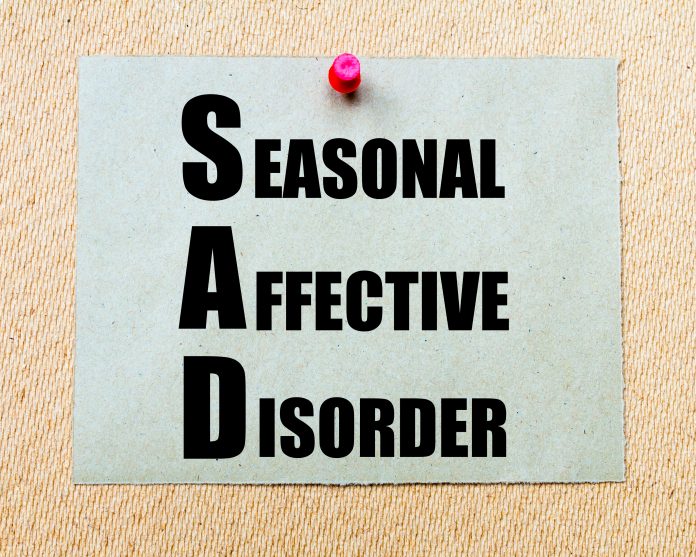As we continue to experience winter and the holidays are over, many people experience a form of depression called Seasonal Affective Disorder or SAD. SAD is recognized as a type of clinical depression and for seniors who are already diagnosed with depression, the symptoms can be aggravated during an isolating and dark winter.
What are the causes of seasonal affective disorder?
Though the causes aren’t really known some factors may contribute to SAD:
- Reduced level of sunlight which disrupts the body’s internal clock
- A drop in serotonin levels which affects mood
- Disrupted melatonin levels which help with sleep patterns and mood
What symptoms should seniors be aware of?
- A loss of interest in normal activities and low energy
- Inability to concentrate
- Anxiety and irritability
- Sadness and social withdrawal
- Feeling hopeless or worthless
- Changes in appetite or weight
- Craving for carbohydrates, overeating and weight gain
- Problems sleeping
Treatments and Medications
Treatments for seasonal affective disorder can include medications, light therapy or psychotherapy. If you use light therapy, one of a number of various methods is used so that you are exposed to bright light. The light copies natural outdoor light and increases the brain chemicals that boost your mood.
If your symptoms are severe, your doctor may prescribe antidepressant medication. If you are affected by SAD each year your doctor may start you on this medication several weeks before the symptoms start each year or they may recommend year round treatment.
Psychotherapy will teach you ways to cope with stress and the feelings that are brought on each year as the sunlight lessens. There are also some online therapy options, How to Find Free Online Therapy.
Are there other ways to cope with SAD?
- Make changes in your home to bring in more light
- Take long walks each day or sit outside where there is more light
- Exercise, as it is known to improve anxiety, depression and mood disorders
Taking better care of yourself is the best way to avoid seasonal affective disorder. Make plans that will keep you busy during the times of the year that you are most affected. Get outside more, even if it is just to walk to the corner coffee shop. Being around others will improve your mood. Join a seniors group that meets each week or keeps in touch daily, even by email or on social media. Keeping yourself involved with others or concentrating on something other than the time of year will help you cope with seasonal affective disorder.























